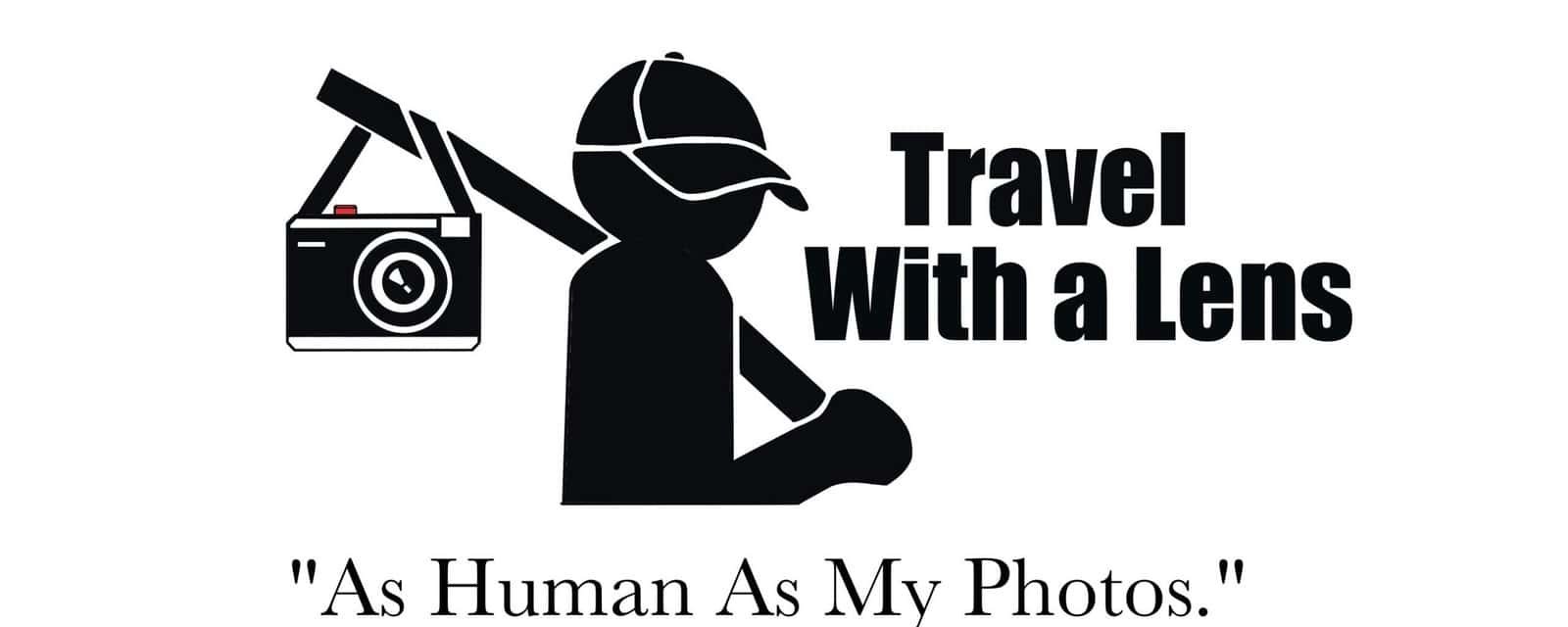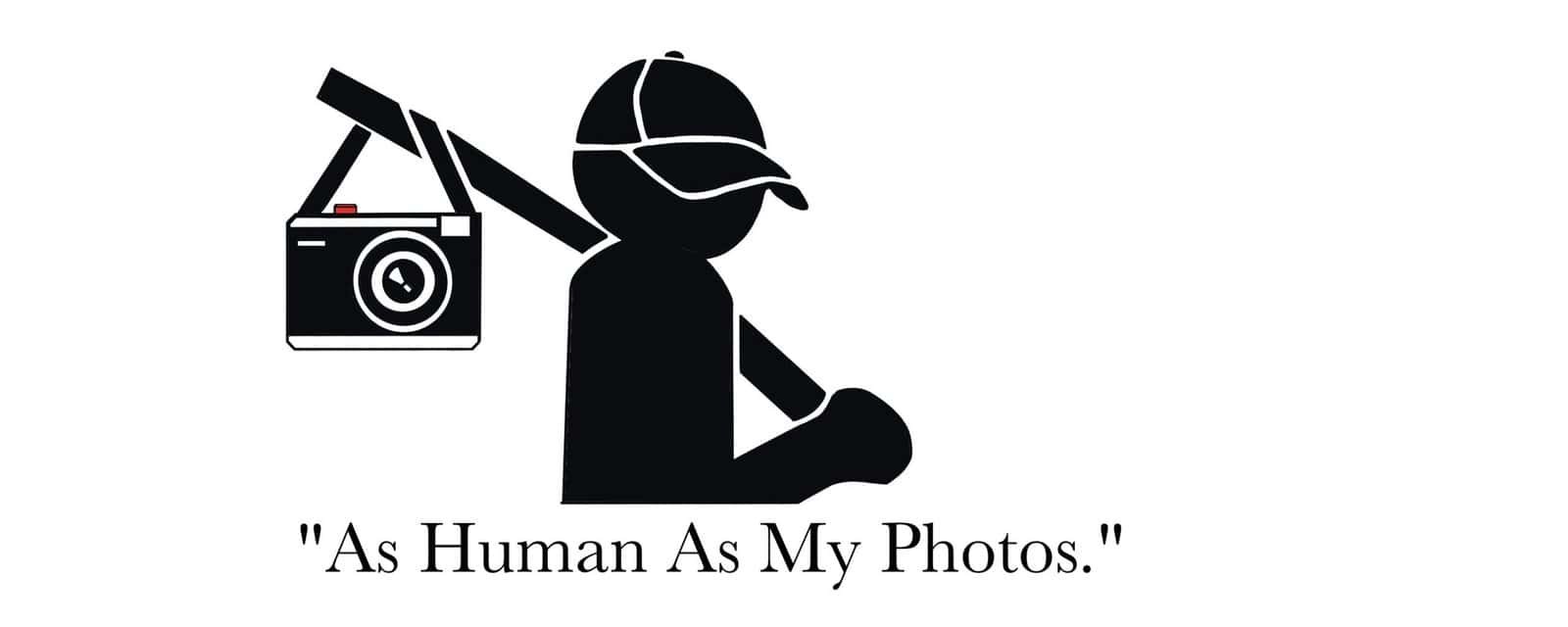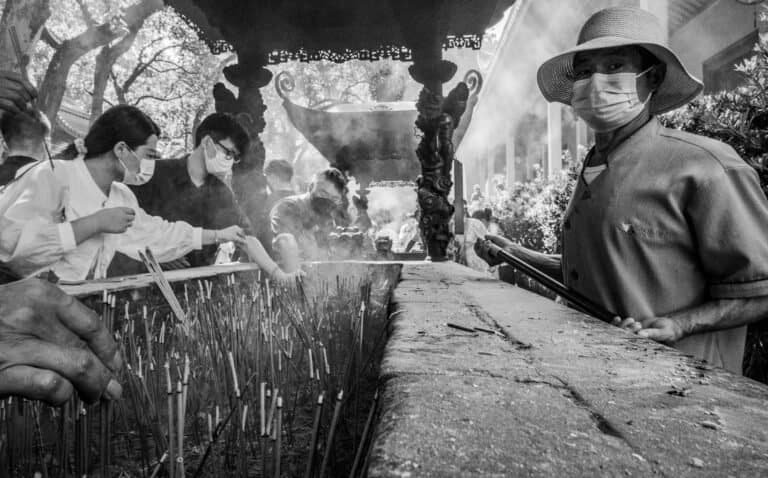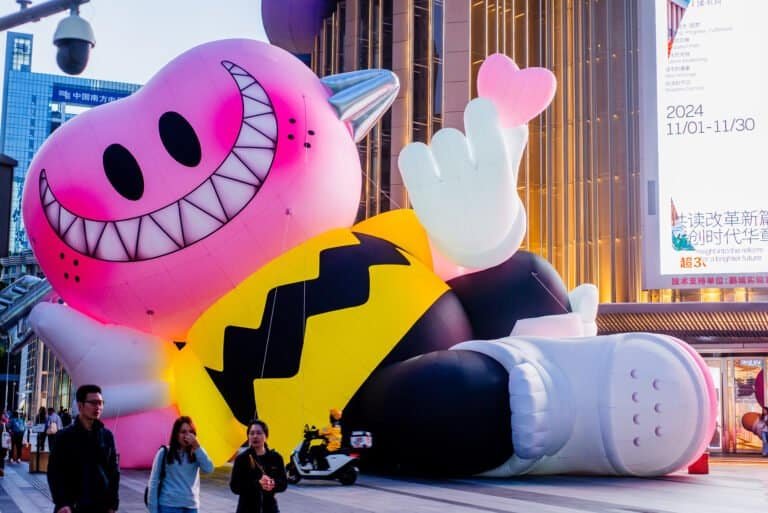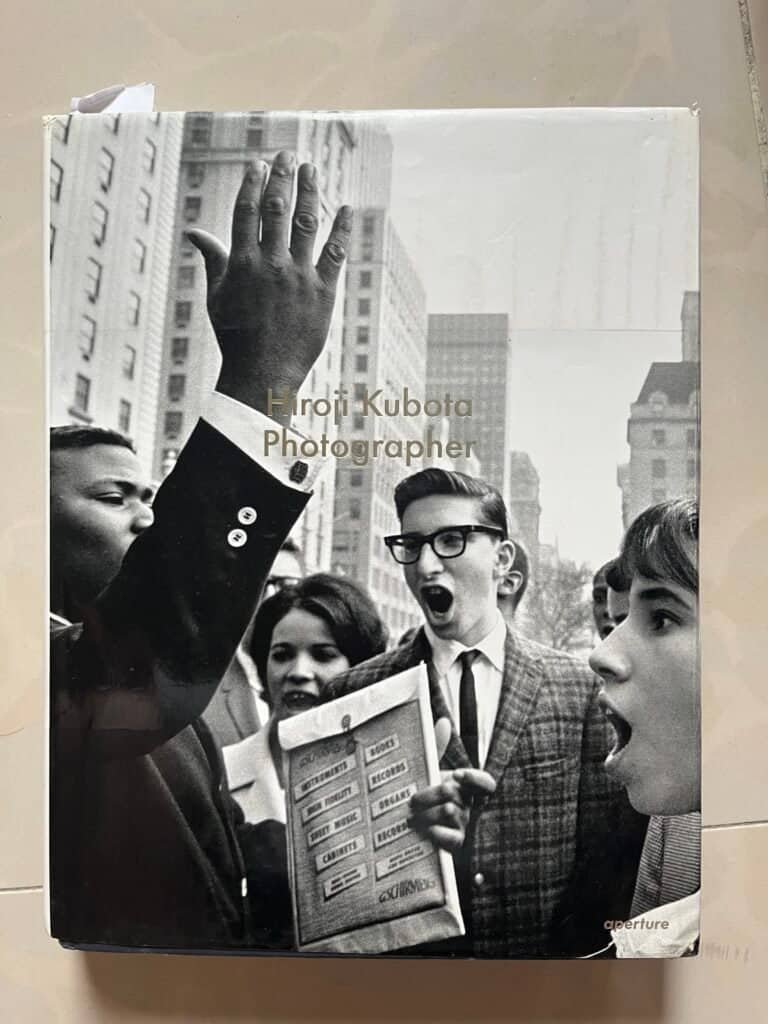Four Photography Challenges Just For You In 2025
*With no extra cost to you this post has affiliate links – if you buy something from MPB, I get a free coffee.
Change
This time last year I was in photography slump, I had no energy or seemingly time to take photos. One thing changed that and think it can help you too.
I will offer you 4 suggestions that I believe will guarantee you keep motivated, improve your photography and overall challenge your photography game. These challenges I believe will go a long way to help your creativity whether you’re a street, landscape, portrait or any other kind of photographer.
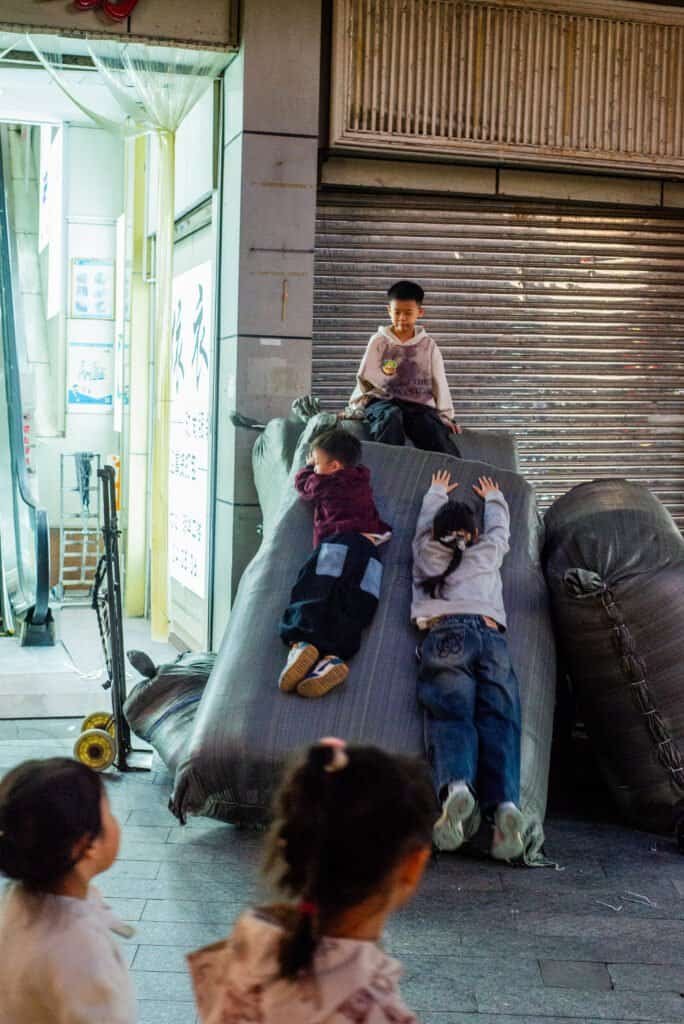
A photography goal
How long has it been since you have picked up your lovely camera and did some photography? I really needed a kick up the butt last year and I got it. It all began when a friend sat me down and told me she had something to tell me:
We were sat in a quiet coffee shop, in the centre of the city.
“I am not sure how you are going to react..”
That got me worried right away.
I smiled, “Sure fire away.”
“I told my friend, you can do a photo exhibition at her work space.”
I almost choked on my ice americano. A few different feelings and thoughts flew through my mind. I felt annoyed, nervous, pleased, worried and even grateful that anyone would even consider my work worth a second thought.
“I’m not even a real photographer. I have no good photos!”
The exhibition still hasn’t happened, but I’m ok with that. The point is I’m moreI focused and it has helped me to define and actively work on two different projects. In my own mind, I have the goal that I always want to have a body of work behind me. So in some sense I pretend that show will happen, and I must produce work for it. So far it has kept my highly motivated and full of purpose.
As for now I’m happy to just share my work here on this website. Would have never got the photo below if I had never had that conversation.
Take daily photos
It depends where you look, but it has been suggested by several sources that it takes anything from 28 days to, 10 weeks to a year to build a habit. For myself think it’s much closer to 28 days.
So here is my suggestion, get into a routine of taking your camera out with you, put in your bag. Depending on the size, keep it in your hand. I’m currently using a Nikon D600 for my projects, which isn’t ideal. It’s the heaviest camera I have ever owned. So even though it lives in my bag, my mind is always composing photos, when I see something I bring it out. When I use my X-T30, and especially my Ricohs they lived in my hand.
You can take photos on the way to work, back from work. If your normal route is too boring take a diversion. If you finish late and its dark try some low photography. It could random photos of your family. Even still life can be great practice, for light and composition.
I have some of my most spontaneous images of life captured on my camera by just being on, or near publics transport. I took a recent picture on the way to see a business client the other night. I saw an opportunity and circled back and snapped away. It’s not the best of images I admit but i was basically just commuting by foot and the camera in my bag. That said I will include a photograph that’s not my best, but I still like it and it proves this point well. Either way its a great habit to form and your results might surprise you.
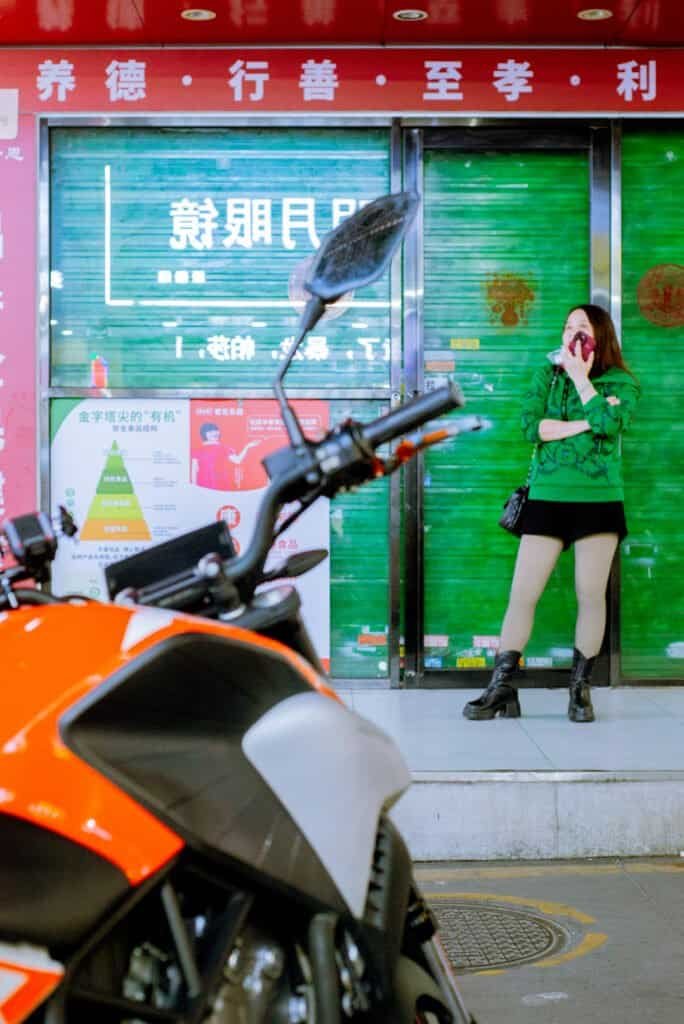
Make time by…
This one may seem like the biggest challenge for some people. In 2023, 20% of Americans practiced photography as a hobby. Photography is incredibly popular hobby, but how easy it to find time?
Explaining to loved ones
Normal people don’t really appreciate why we like to take photos. You might be one of the lucky people though. I understand we have to tend to family things first, walk the dog, play with the kids, the list goes on. Some people like to watch Netflix, to make the 9 to 5 bearable. For people like us that’s photography. Honestly if I didn’t take photos I’d probably slowly go insane
Avoiding toxic people
By this I mean people around you who do not supportive of your craft. These could outright be negative people or naysayers. Back when I was a lad I had an English teacher who was awesome. When I told her I wanted to apply to university she basically told me I wasn’t clever enough and that I shouldn’t waste my time. I did it anyway and finally got into a good one. Much better to have a few good people who support you in your photographic journey.
Avoiding vices
This has been a big one for me so this is basically a reminder to myself. I have to stay away from the distractions of drinking beer, cocktails and video games. Video games are addictive and drinking with friends is too much damn fun.
Video games – “just another 20 minutes.” (8 hours later.)
Alcohol – “I will achieve all my dreams starting from tomorrow.”
With alcohol I’m lucky if I can eat breakfast the next morning, let alone go out into the world adventuring with my camera.
Getting to know your camera
This is a huge part of the process. I have switched though several systems, each understandably has very different menus. That said they all do the same thing, but the location of that setting might be in a different place under a different heading. If you get a new Sony for example, you might want to spend time to set up your personalised and function menu (your customisable menu).
Buttons and dials
Beyond that of your menus it’s really important to get used to your camera’s dials. I have limited experience with other brands, I have used a Nikon, Sony, Ricoh and Fujifilm. But it’s the Ricoh and Fuji I know best. In terms of intuitive use, the Fuji dials are magic. Yes you can customise the buttons, but its the dials which give quick manual access to all the most important functions like shutter speed, ISO, exposure and aperture.
But why is that important? Street photography in particular is a very reactive genre of photography. I cat can flash across you view, the sun might shift, or you may step into a darkened area of the scene. There are endless examples of why you may need to adjust your settings on the fly. For me at least, being in full auto is boring. However some might say that’s perfect because the camera gets out of your way. I like the camera in my way a little, I like the challenge.
Know your camera’s limits
There’s one last point. I wont mention lenses at the moment, because if I do this post will never end. The last most important point is, you need to know the limits of your camera. Specs on paper are one thing, knowing how far you can push your ISO to where you feel comfortable, or understanding how to judge the dynamic range of your shot. Knowing all of these things and more will help you to get the shot right in the camera.
So what I’m trying to say, is know your camera and photography will become easier and smoother and that’s when you will begin to enjoy it more and get better results. The photo below, was taken in a bright situation, I had to know the limits of dynamic range for me Fujifilm X-T30.
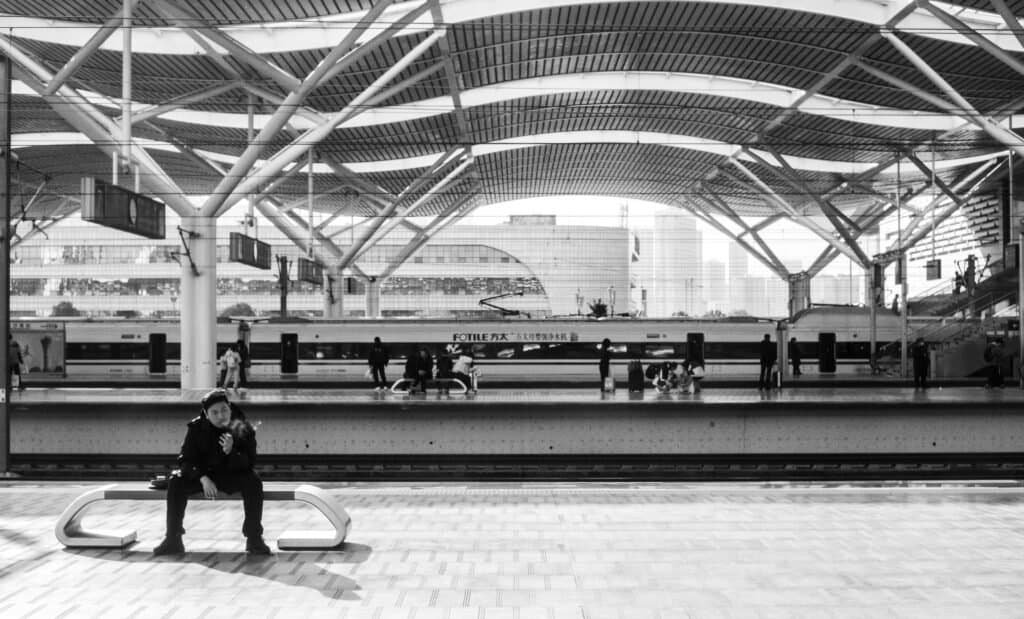
Final thoughts
There are endless hints and tips that people like me come up with, so that you can content to read. These are some of the personal challenges that have gotten in my way the most. Addressing these has allowed me to focus much more on my photography. We are photographers, its part of who we are. So its nice to challenge ourselves and get on with the creative process of capturing the best and worst images that we can.
Thank your for reading.
Other posts
If you want to learn more about challenges for 2025 please read this. I have reviews both the Ricoh GRIII and the Fujifilm X-T30 as well. If it is general tips you’re looking for on you might improve street or travel photography check out one of my earlier articles. If your looking for photo ideas beyond platforms like instagram and other social media you might be interested in this post.
